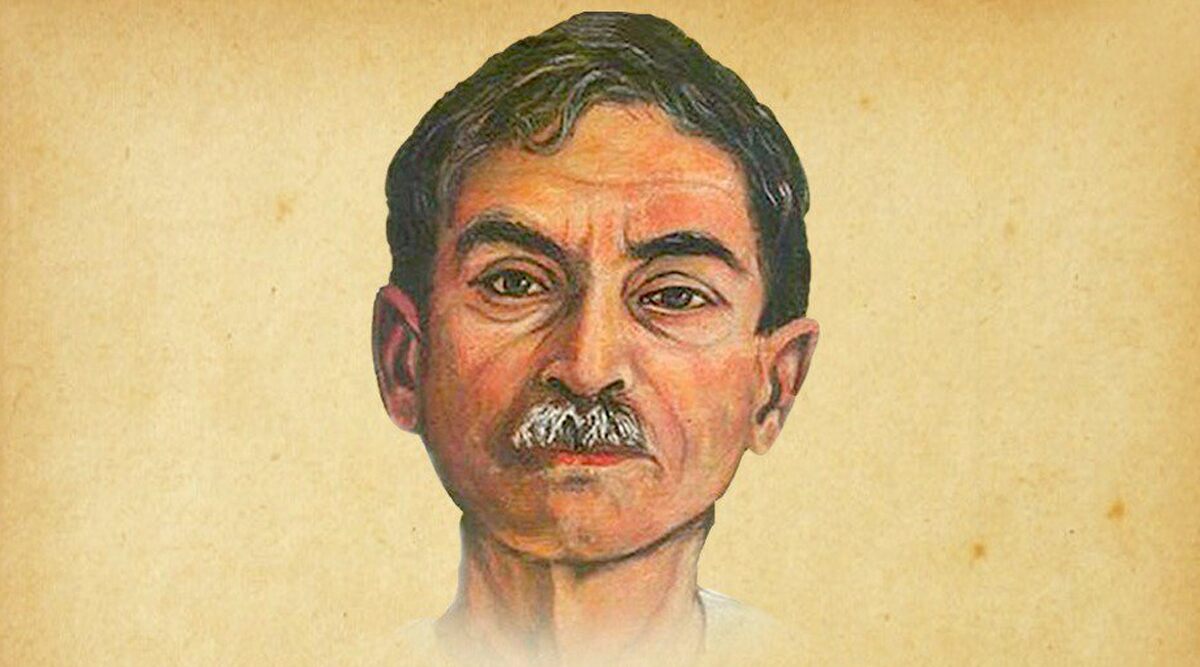Frontlist | Premchand birth anniversary Remembering Him
Frontlist | Premchand birth anniversary Remembering Himon Aug 01, 2020

Premchand was inspired by Gandhi and after attending a meeting in Gorakhpur, where the leader had entreated citizens to resign from government jobs, the author too had left his job as a Deputy Inspector of Schools in Allahabad.
Born on July 31, 1880, Dhanpat Rai Shrivastava, most famously known by his pen name Premchand, was a pioneer in Hindi literature in India. His literary career spanned across three decades and his first story titled, Duniya ka Sabse Anmol Ratan (The Most Precious Jewel in the World) appeared in an Urdu monthly, Zamana in 1907. Later, we went on to write other novels like Karmabhoomi, Godaan, Idgah among others. For Premchand, the writing was a passion but not without a cause. He fervently believed in the power of words and their ability to give voice to those who society rendered silent. In the article Premchand and Indian Nationalism, author Sudhir Chandra writes “He (Premchand) passionately clung to the belief that no writer in a subject country could afford the luxury of writing without a social purpose.” He further believed that writers in India will forever be eluded from scaling “the highest peaks of art” as long as they are “under the yoke of alien subjection”. He was deeply aware of the various ways in which nationalism could prove to be agenda-driven, making it no better than the oppressive rule. In the same article, Chandra wrote that in 1919, Premchand warned the leaders of the Swaraj Movement of their selfishness, and in an article had written, “There is no reason for the public to prefer your governance to the governance of foreign rulers.” This, however, was not to say that he renounced nationalism. In fact, as Chandra adds, the author’s response kept varying, moving from appreciation to skepticism.
education news by Frontlist
Frontlist
Frontlist Article
Frontlist Authors
Frontlist Latest news
Indian authors
Premchand
premchand and nationalism
premchand author
premchand life
premchand nationalism

.jpg)
.jpg)
.jpg)
.jpg)
.jpg)
.jpg)

.jpg)
.jpg)
.jpg)
.jpg)

.jpg)
.jpg)
.jpg)
.jpg)










Sorry! No comment found for this post.